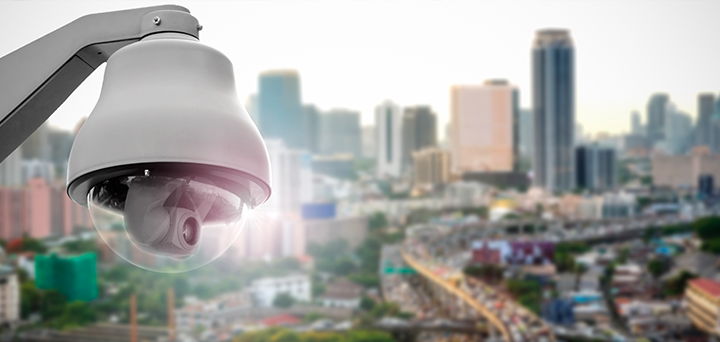How to be safe in Mexico, a security briefing

The U.S. Passports & International Travel Agency reported: “Travelers should know Mexican government is committed with an extensive effort to counter organized criminal groups that are involved in narcotics, trafficking and other unlawful activities throughout Mexico. Crime and violence are serious problems and can occur anywhere”.
Because of this, foreigners are encouraged to be low-key, or having a low profile, to avoid displaying indicators of wealth such as expensive-looking jewelry, watches, or cameras. Most visitors are exposed to short abductions so-called express kidnapping that occurs mostly in urban areas. The captors force people to use ATM’s, withdraw as much money as they can to release them afterwards. Another modality of this crime is “virtual kidnapping” that consists in stealing personal data via phone calls and then using it against you or your loved ones. They contact them asking for a ransom while you are on the other line unable to attend.
Burglary and pickpocketing can be as usual as in other countries of the world like Canada, Switzerland, USA, Spain or Germany. Places that may be red-spots are adult entertainment establishments. As you may do everywhere, be aware of the surroundings and avoid situations in which you may be isolated or stand out as a potential victim.
Carjacking is a serious problem too. If you are worried about this, you should not rent a new and large car or SUV. When you need to travel by car, do it at daytime. Major incidents occur at night and there are also some remote areas where cell phone coverage is limited or non-existent. The Mexican government has deployed federal police and military personnel throughout the country as part of its efforts to combat organized criminal groups. Checkpoints may be anywhere on the road, please proceed with calm and cooperate, revisions will not take more than five minutes.
Apart from that, bribery is a common practice. Everyone from police officers to passport officials, doctors, health inspectors, taxi drivers and even post office workers like to pocket tourist greenbacks under the table. Whether you accept a bribe or not depends on the circumstances. Please do not be part of the problem.
Therefore, the situation in Mexico is not as bad as it is displayed. Also, former foreign residents in Mexico say: “Here is the most convincing statistic to keep in mind when all your advice and ponderings when weighing the decision of traveling to Mexico: In 2014, an alarming 100 US citizens were murdered in Mexico. But… also, in that same year, Mexico returned to the top 10 tourist destinations worldwide. Cabo San Lucas became the #1 destination in Mexico.”
After all the information we brought to you, SRS sums up an advice checklist for living safe in Mexico:
- Choose a travel insurance policy that includes emergency medical evacuation.
- Be informed with real knowledge.
- Prevent dangerous situations and how would you be able to respond if they occur. Even kidnapping is covered by some insurance policies.
- Make sure you know the correct international telephone number to call to your country from Mexico. Keep this number with you at all times during your travels.
- In traffic, maintain a reasonable distance between you and the vehicle in front of yours so you can maneuver in an accident or flee if you are in danger.
- In your car, keep your doors and windows locked and use your mirrors constantly to stay aware of your surroundings.
- In emergencies, identify routes with safe areas and meeting points.
- Always travel between cities during daylight. If you cannot, use planes.
- Carry your cellphone with you at all times.
- Do not carry large amounts of money at the same time as your credit or debit cards, use them wisely.
- The emergency number in Mexico is 911, you can ask for the police, an ambulance, or the fire brigade.
- Mexico City Command and Control Centre has information and advice on safety. Follow their twitter account, ‘Safe City’, for up-to-date information and advice on accidents, road blocks, demonstrations, etc.
- In case of natural disasters you can monitor international weather in the US National Hurricane Center.
- To know what to do before, during and after and earthquake, consult the Ministry of Civil Protection brochure (Spanish only).

